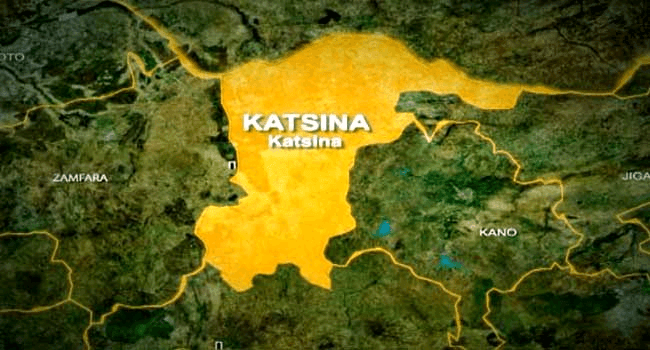From Muawuya Bala Idris, Katsina
Lawmakers, World Bank officials, and development partners have met in Katsina to craft a legal and financial framework for the sustainability of the National Growth and Knowledge Sharing (NGKS) programme, a poverty-alleviation initiative launched in 2020.
The two-day retreat, which opened on Monday, brought together about 200 stakeholders, including state commissioners and frontline practitioners.
National Coordinator of NGKS, Abdul Karim Obadje, said the forum was designed to review the programme’s performance, identify funding gaps, and align it with legislative backing to ensure continuity.
> “The focus is to hear from stakeholders, assess NGKS performance, identify gaps, determine funding needs, and see how the National Assembly can strengthen implementation across the country,” he said.
He commended Speaker Tajudeen Abbas and the House Committee chaired by Hon. Awakaya Yahya Kusada for initiating the retreat, noting that it strengthens the link between NGKS operations and the legislature’s oversight role.
The NGKS scheme was introduced under the Economic Sustainability Plan of former President Muhammadu Buhari to cushion the economic impact of COVID-19 and boost livelihoods for the poor and vulnerable. The first phase, supported by a $750 million World Bank credit, is due to end in December 2025, while an additional $500 million has been secured for a second phase.
Obadje disclosed that the World Bank has so far reimbursed $695 million to states, while participating state governments have committed over $2.2 billion of their own resources.
“This shows how acceptable the programme is to governments in Nigeria and why it must be institutionalised so that more funding can reach the poor and vulnerable,” he added.
The NGKS initiative has targeted improved healthcare, potable water, schools, and environmental management in underserved rural communities, as part of wider efforts to reduce multidimensional poverty and address climate-related challenges.


